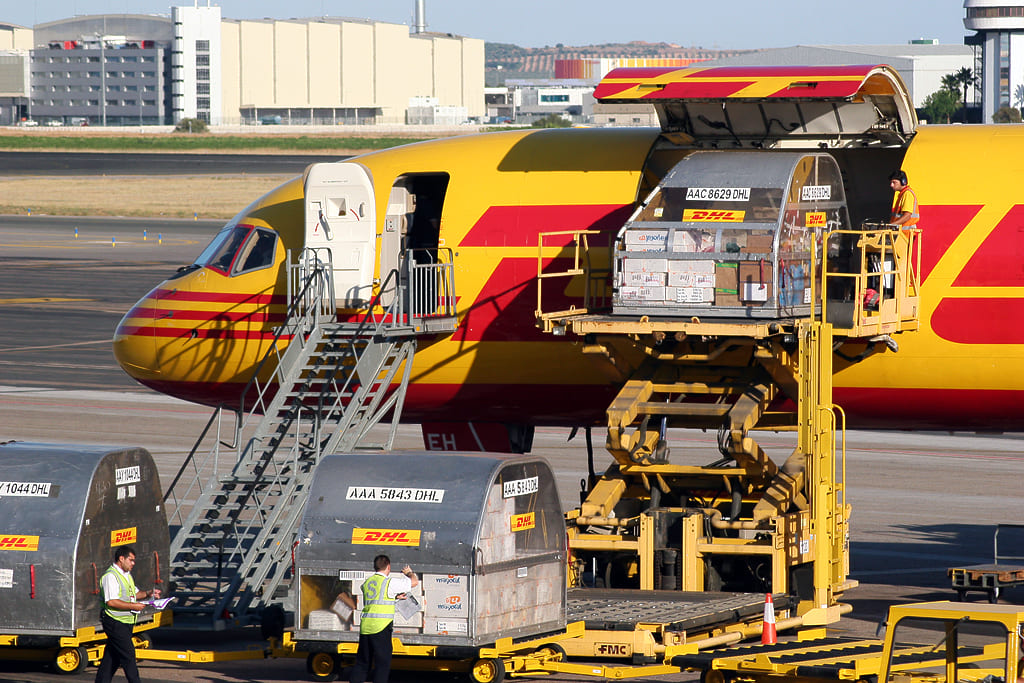The global air cargo market has made a weaker entry into 2023, as new data shows that the demand for air cargo has declined comparative to January 2022.
Demand vs Capacity
Cargo demand
The latest International Air Transport Association (IATA) data release shows that overall global air cargo demand, measured in cargo tonne-kilometers (CTKs), fell 14.9% compared to January 2022.
The CTK value was down 16.2% for international operations, year on year.
Cargo capacity
Whilst the overall demand was down, cargo capacity, measured in available cargo tonne-kilometers, (ACTK) was up 3.9% compared to January 2022.
This represents the first year-on-year growth in capacity since October 2022. International cargo capacity increased 1.4% compared to January 2022.
The uptick in ACTKs is attributed to the strong recovery of belly capacity in passenger airline markets which has offset a decline in international capacity provided by dedicated freighters.
Prevailing factors
Whilst IATA notes the softer global air cargo demand, it also outlines a number of prevailing operational factors:
New export orders
The global new export orders component of the manufacturing PMI, a leading indicator of cargo demand, increased in January for the first time since October 2022.
For major economies, new export orders are growing, and in China and the US, PMI levels are close to the critical 50-mark indicating that demand for manufactured goods from the world’s two largest economies is stabilizing.
Global goods trade
The global goods trade decreased by 3.0% in December, this was the second monthly decline in a row.
CPI
The Consumer Price Index for G7 countries decreased from 7.4% in November to 6.7% in January. Inflation in producer (input) prices reduced by 2.2 percentage points to 9.6% in December.
IATA comments
“With January cargo demand down 14.9% and capacity up 3.9%, 2023 began under some challenging business conditions,” said Willie Walsh, IATA’s Director General.
“That was accompanied by persistent uncertainties, including war in Ukraine, inflation, and labor shortages. But there is solid ground for some cautious optimism about air cargo. Yields remain higher than pre-pandemic.”
“And China’s much faster than expected shift from its zero COVID policy is stabilizing production conditions in air cargo’s largest source market. That will give a much-needed demand boost as companies increase their engagement with China,” Walsh concluded.
Summary of regional performance
Asia-Pacific airlines saw their air cargo volumes decrease by 19% in January 2023 compared to the same month in 2022.
North American carriers posted an 8.7% decrease in cargo volumes in January 2023 compared to the same month in 2022.
European carriers saw the weakest performance of all regions with a 20.4% decrease in cargo volumes in January 2023 compared to the same month in 2022.
Middle Eastern carriers experienced a 11.8% year-on-year decrease in cargo volumes in January 2023.
Latin American carriers reported a 4.6% increase in cargo volumes in January 2023 compared to January 2022.
African airlines saw cargo volumes decrease by 9.5% in January 2023 compared to January 2022.
A full copy of the IATA air cargo market analysis can be found here.









